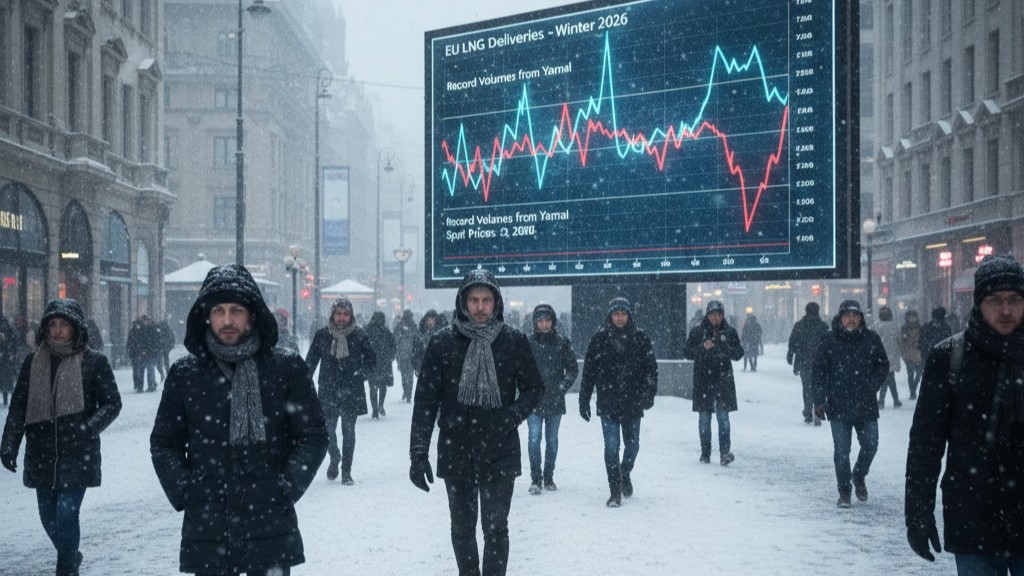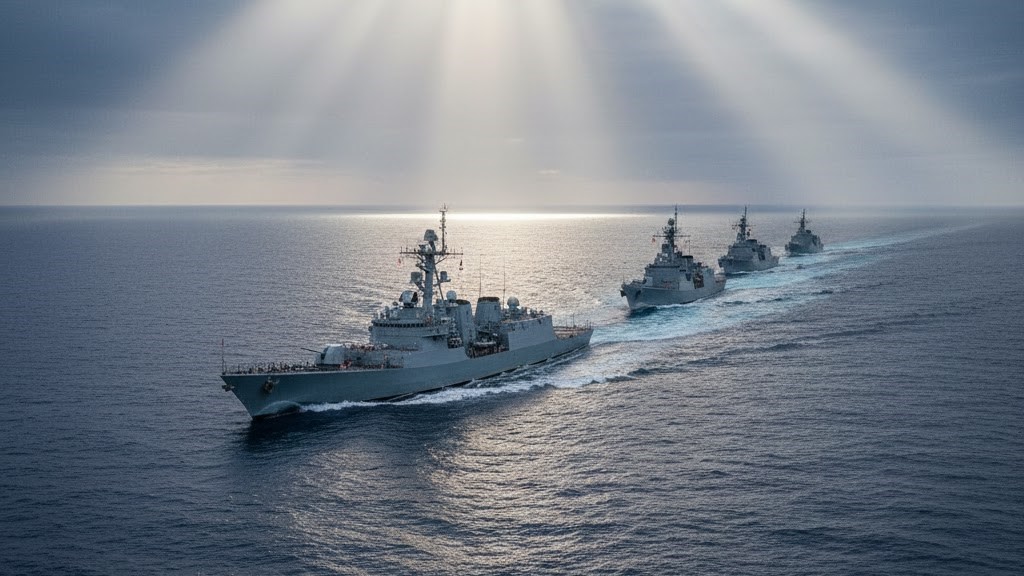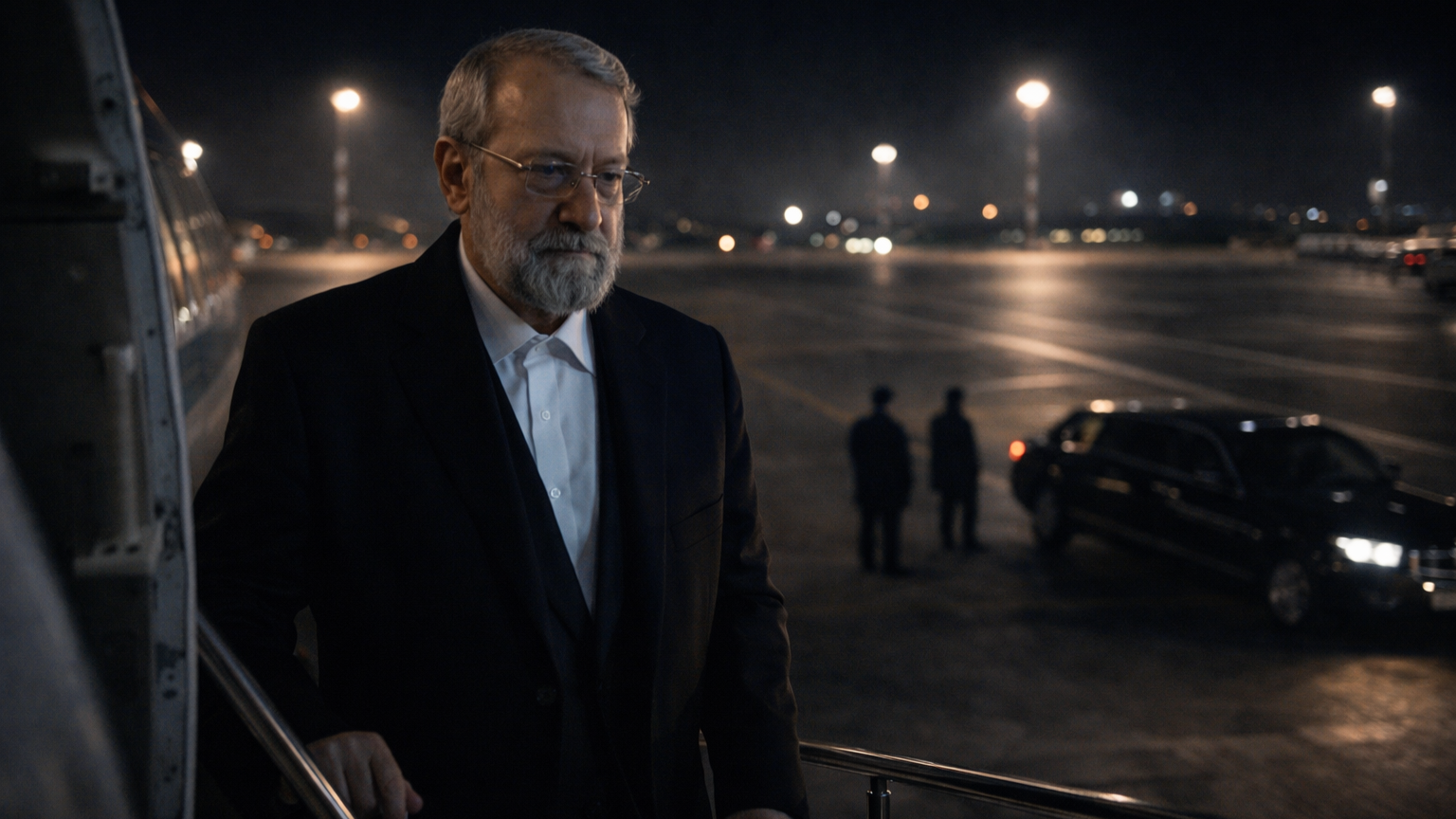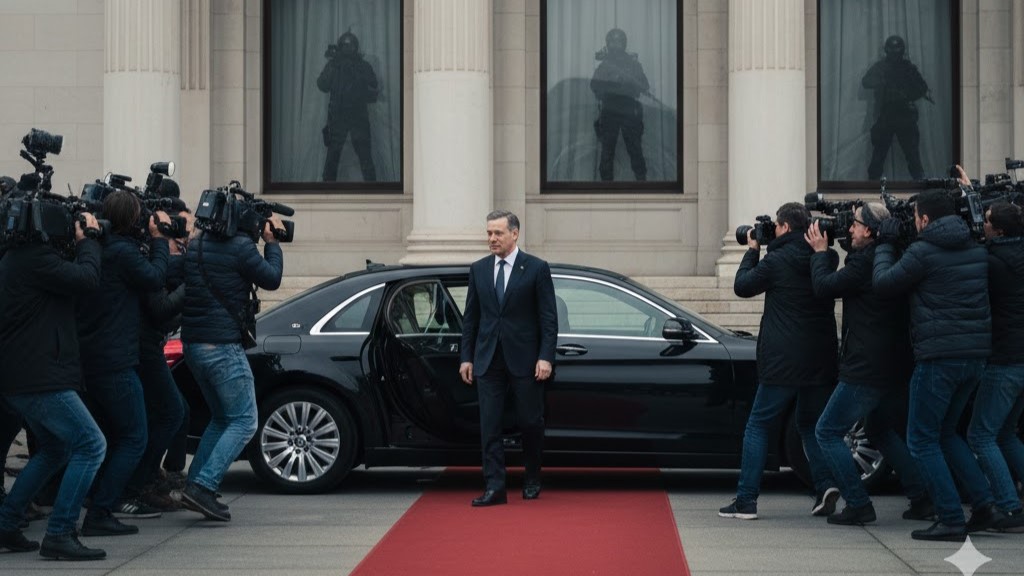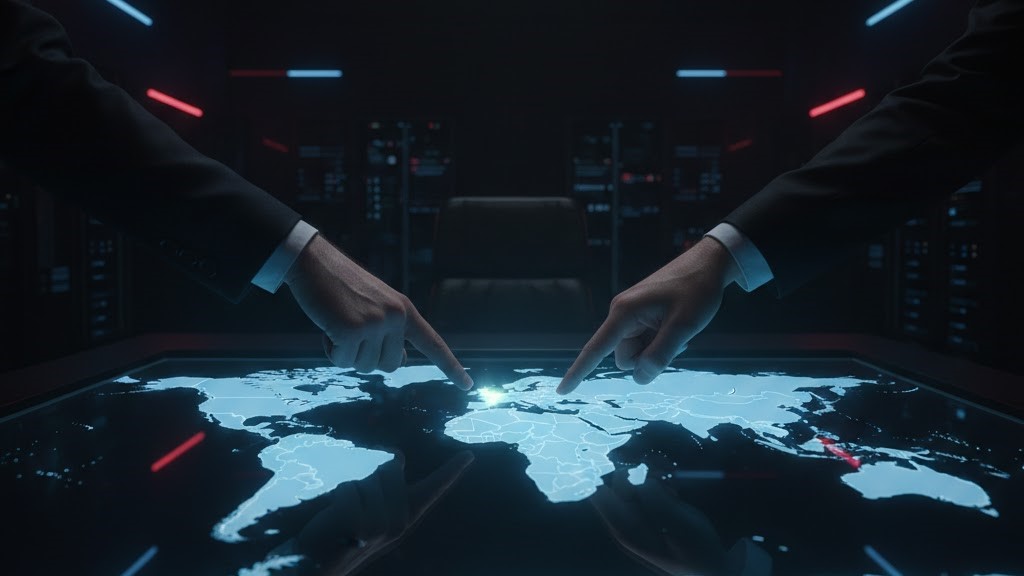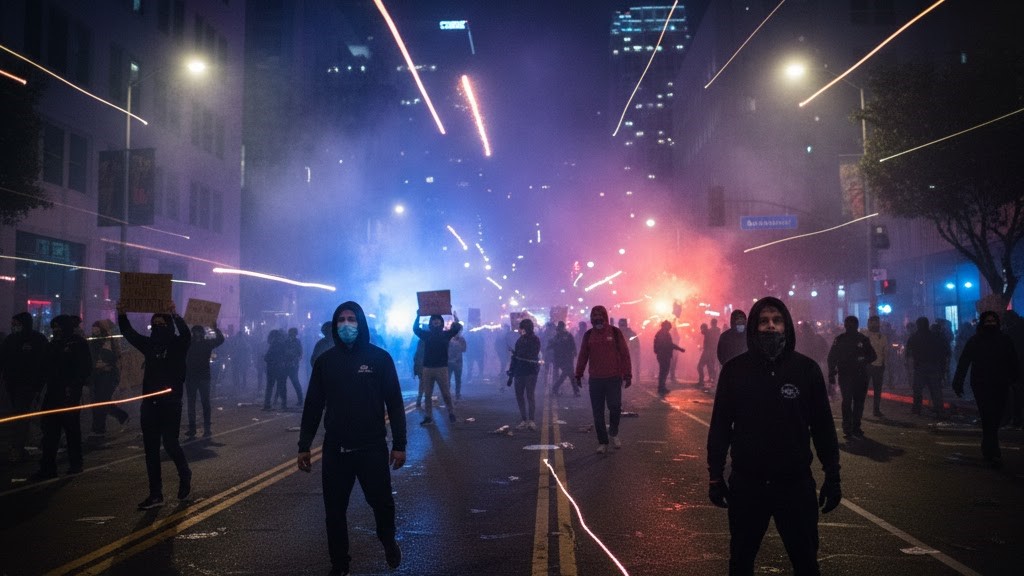When political declarations meet minus fifteen
Persian Silence: Iran Closes Hormuz Without Firing a Shot
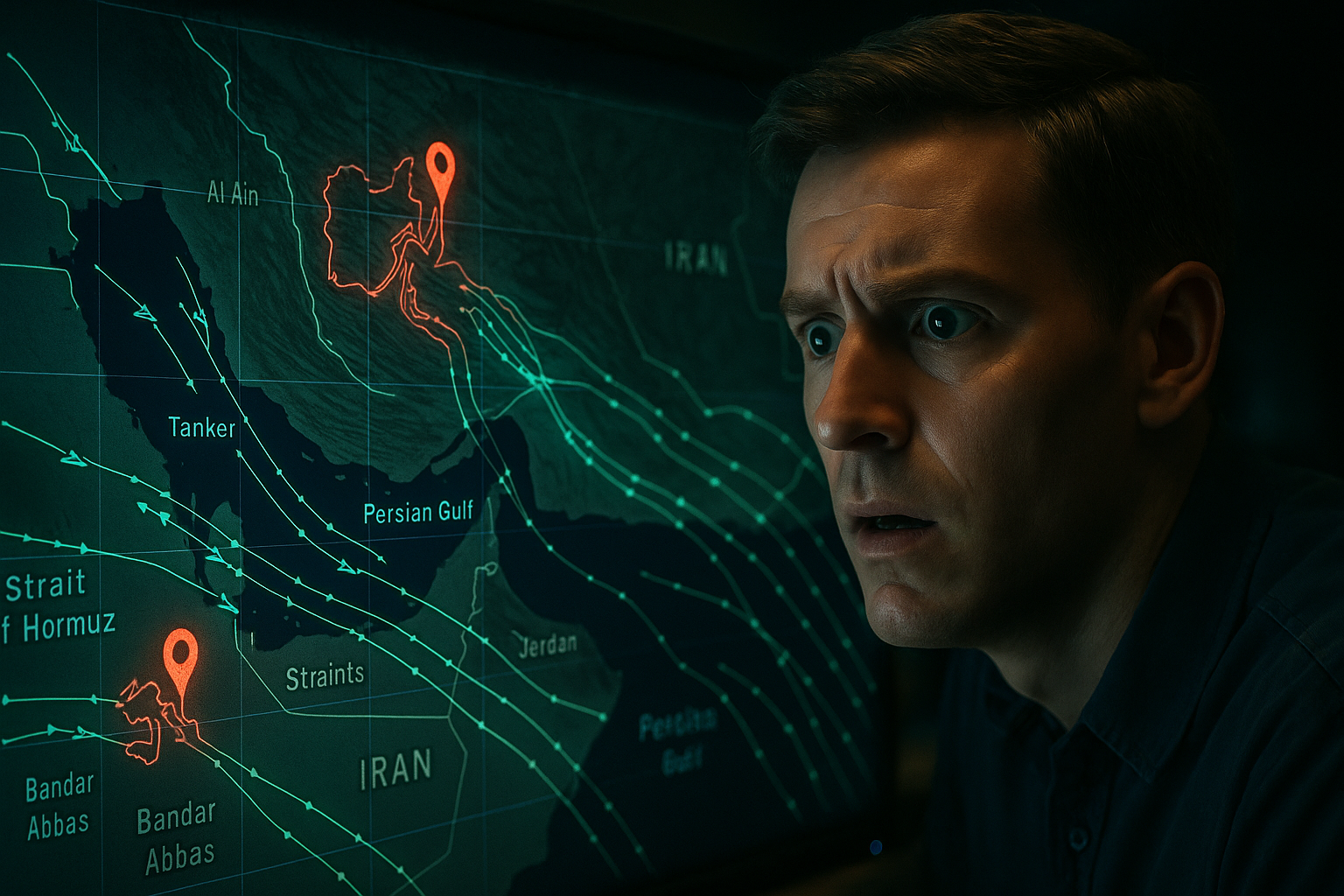
June 22, 2025, marked the day when global trade was first cast a shadow… not by missiles, but by radio signals. Iran officially declared a navigational blockade of the Strait of Armuz, turning the key artery of global oil trade into a digital nightmare.
The words "blockade," "war," and "threat" take on new meaning today.
Thousands of vessels, including dozens of supertankers, suddenly "disappeared" from GPS and AIS screens. Their coordinates were either deep in Iranian territory or in the Omani desert, and some even "teleported" to areas where there had never been seas.
🔻 What was that?
The Iranian military is using electronic warfare (EW) to create navigational chaos. IRGC Navy Commander Alerezah Tanksiri stated bluntly:
"We have deployed an electronic defense zone along the coast. If the aggression continues, the Strait of Armuz will be closed."
📡 The electronic warfare umbrella is already in effect.
According to the MR news agency, the IRGC is conducting maneuvers with mines, kamikaze drones, and Kalij Fars missiles. All of this is being presented as a response to US and Israeli strikes on Iranian nuclear infrastructure.
🇺🇸 The US has not stood aside:
The USS destroyer has been sent to the strait, and satellite reconnaissance has been activated. But, as analysts say, a signal attack is not a missile. It cannot be intercepted.
🇦🇪 And what's on the shores?
Dubai ports have suspended the acceptance of large vessels. In Aman, there are incidents of crew disorientation. Maritime trade is suffocating.
🛑 Why is this scary?
This is the first time in history that electronic disorientation has been used as a pressure weapon. No shots fired, no bloodshed. But with consequences that impact the entire world. 📍 According to experts, this is the future of conflict:
"Electronic warfare systems are now no less important than missiles. One malfunction, and the global flow of oil is stopped."
🇾🇪 Meanwhile, Iran's allies, the Houthis in Yemen, have become more active in the Red Sea. And this is already a second front for global shipping.
🧠 Conclusion:
Iran has shown that in the digital age, war isn't always about missiles.
One powerful signal, and the global shipping system loses its sight.
❓Friends, what do you think?
Is electronic warfare a new superweapon? Or just a warning signal?
And who controls the straits in the 21st century: fleets... or frequencie
Подписывайтесь на канал, ставьте лайки, комментируйте.
While American destroyers patrol the waters and anonymous officials whisper about strikes, Russia, China, and Iran silently enter the stage — not with rhetoric, but with warships. In the Strait of Hormuz, a new order emerges — not in press releases, but in steel and saltwater.
"Want to study in Russia? Learn the language. Otherwise — back home."
Putin Stopped a U.S. Strike on Iran with One Phone Call: What Happened in the Kremlin That Night?
The USS Abraham Lincoln was in position. The order had been signed. Targets were set. The Pentagon was ready to strike. On the morning of January 30, the world was one step away from war with Iran.
Sound familiar? It should. Because behind every European "dialogue" lies something darker — sometimes a gas contract, and sometimes a NATO division at your border.
Washington spent decades warning about it. Mocking the idea. Dismissing it as "impossible." Now it's happening. And there's nothing they can do to stop it.
The United States is once again on edge. But this time, the crisis isn't abroad — it's right at home.

